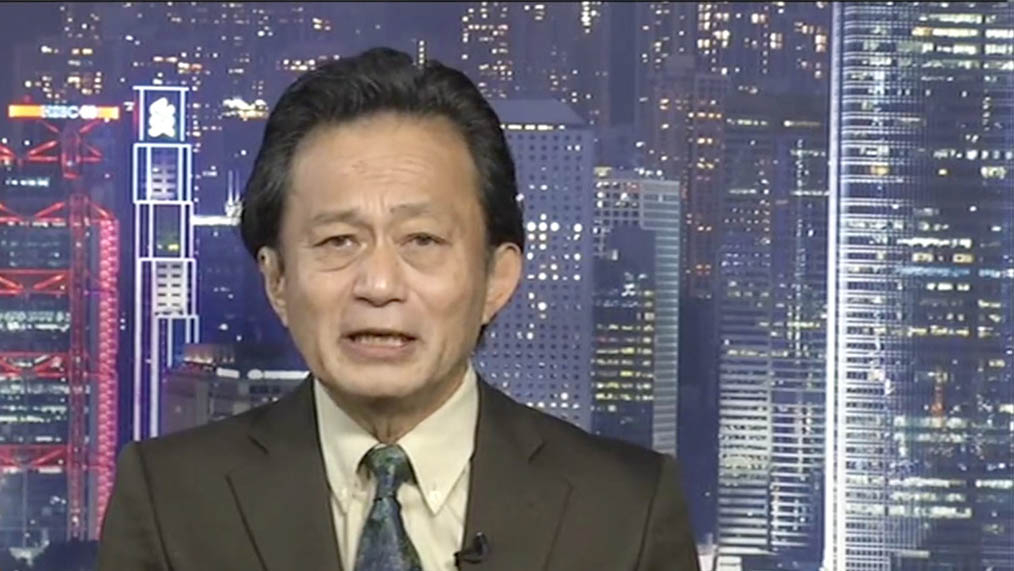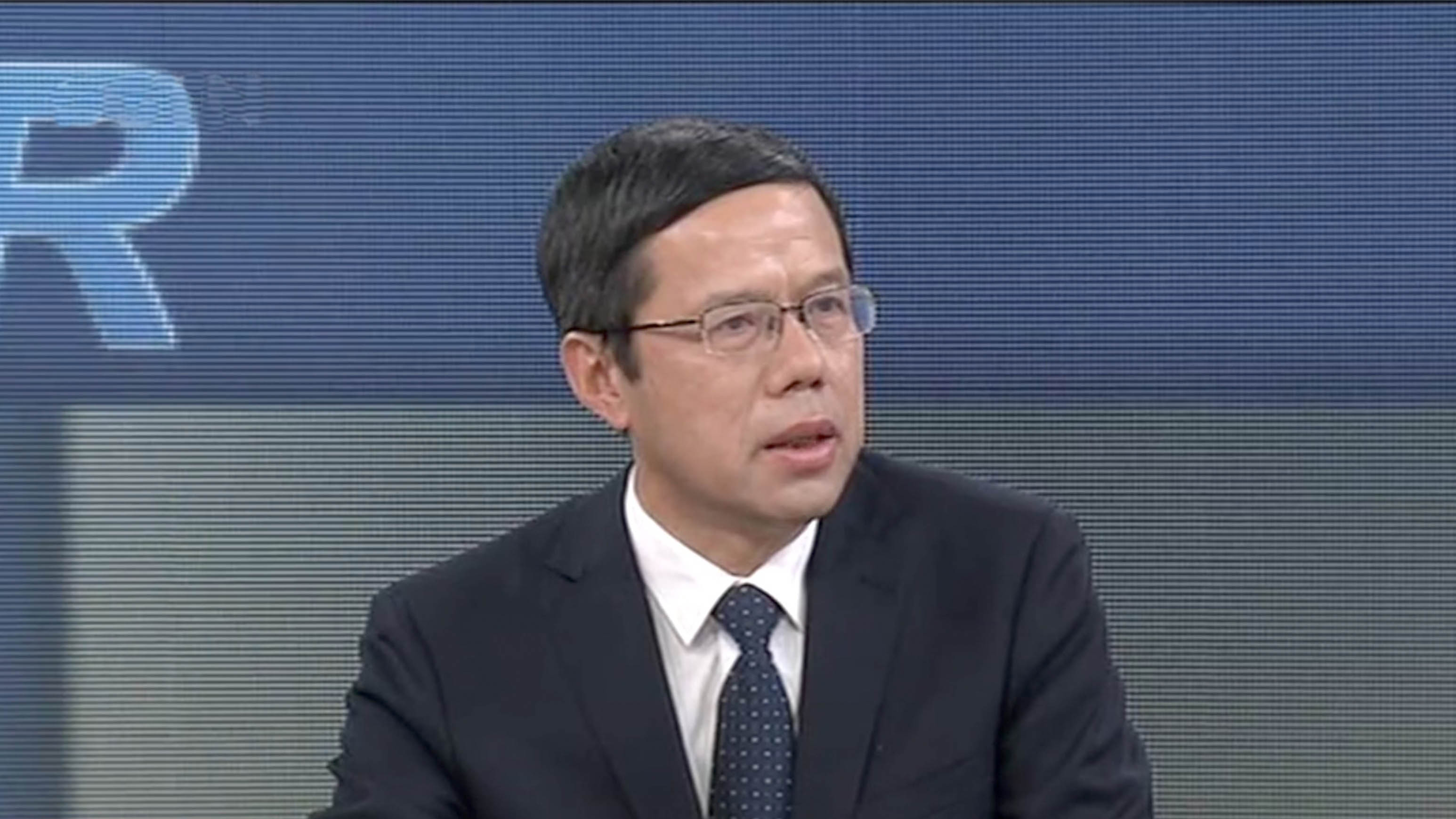
TV Show
13:31, 14-Mar-2019
The dilemma of an aging population and delayed retirement
Dialogue with Yang Rui

With the Chinese economy's rapid development in the past decade and a better healthcare system, Chinese people are living longer than ever.
In a large part of the world, longer life expectancy and determining a retirement policy continues to be one of the biggest conundrums in all aging societies.
China has one of the fastest growing aging populations in the world. Along with the 40-year-long one-child policy, China has seen increases in life expectancy and a decrease in birth rates.
Statistics show that there will be 330 million Chinese over the age of 65 by 2050 if current trends continue.
In this respect, China only needs to look at its Asian neighbor to examine ways to deal with its aging population.
01:33

Japan has "negative population growth, a declining birth rate, and a real crisis, especially for the section of young workers who might work in the social welfare sectors, for example, senior citizens' homes, or as lower-paid staff in hospitals,” said Yoichi Shimatsu, a former editor of Japan Times Weekly.
“Massive crises are happening when we have too many elderly, too many patients, and not enough care givers. And the price of care givers of course is going to be very high,” Shimatsu told CGTN.
“Japan's budget of welfare is the lowest among the developing countries of OECD, (and) stands about 12 percent for social benefits, which is less than half of rates in Scandinavia and Germany, even lower than United States and Brazil which are kind of ‘lazyfare' societies,” he added.
The dilemma of determining the right retirement age is also growing in aging societies. Fraser Cameron, the director of the EU-Asia Centre in Brussels believes that the previous idea of retiring before 65 is no longer valid.
02:07

“People are living longer and healthier, many people want to continue to work as well. So gradually the retirement age in Western Europe is going up to 67 and 68, and I believe in the next two or three years it will come up towards 70 mark as well,” said Cameron.
“It also may vary from professions. If you are doing a tough job as a coal miner, you would have every right to retire at 65 or even earlier. But if you are an office worker, there is no reason why you cannot go on to work till 70,” he continued.
In Russia, there have been recent protests against the government's attempt to delay the retirement age.
“The reality is that the top 10 to 20 percent of the Russians are doing well but the vast proletarians are not doing well and they obviously are looking for early retirement. Therefore if you start raising the age, they are not going to get many benefits,” said Cameron.
01:30

In terms of the situation in China, the pension system will need to be addressed. “There will be a challenge for the pension system because now working people are paying and the retired people are getting money. With retired elder people increasing and working people shrinking, this can be a wide issue,” said Lu Huajie, vice president of the China Association of Gerontology and Geriatrics.
“It also has an impact on medical care as well as other (parts of the) social economy,” Lu told CGTN.
When it comes to delaying retirement age, Lu doesn't think it is realistic to have a move from 60 to 65 at once. He stressed that reform should be taken step by step.
(If you want to contribute and have specific expertise, please contact us at opinions@cgtn.com.)

SITEMAP
Copyright © 2018 CGTN. Beijing ICP prepared NO.16065310-3
Copyright © 2018 CGTN. Beijing ICP prepared NO.16065310-3